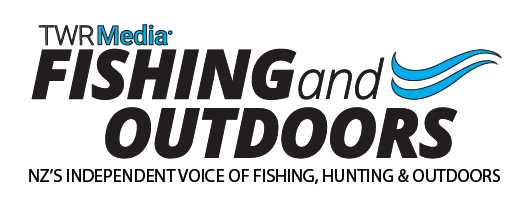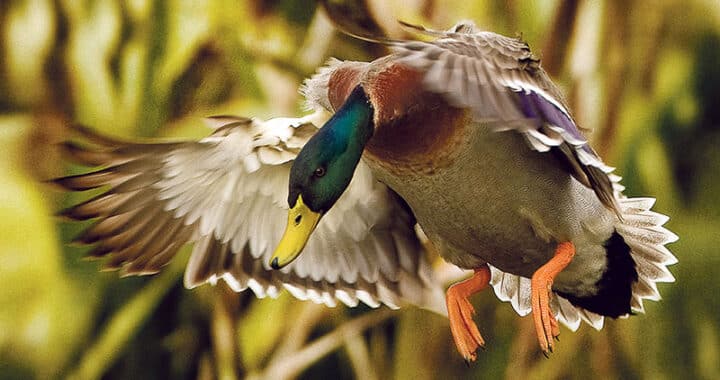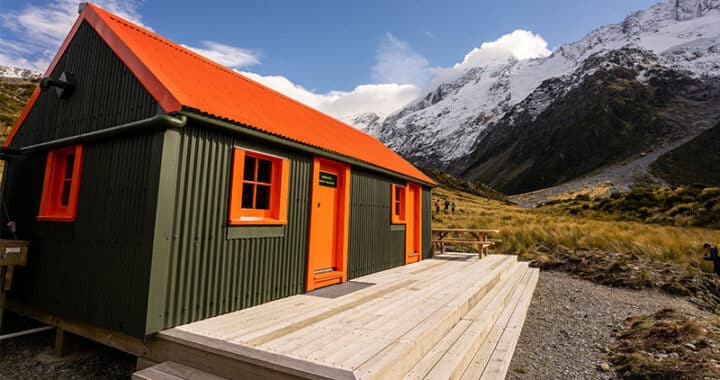Govt’s new oceans, fishing, and hunting portfolios receive mixed support
6 min read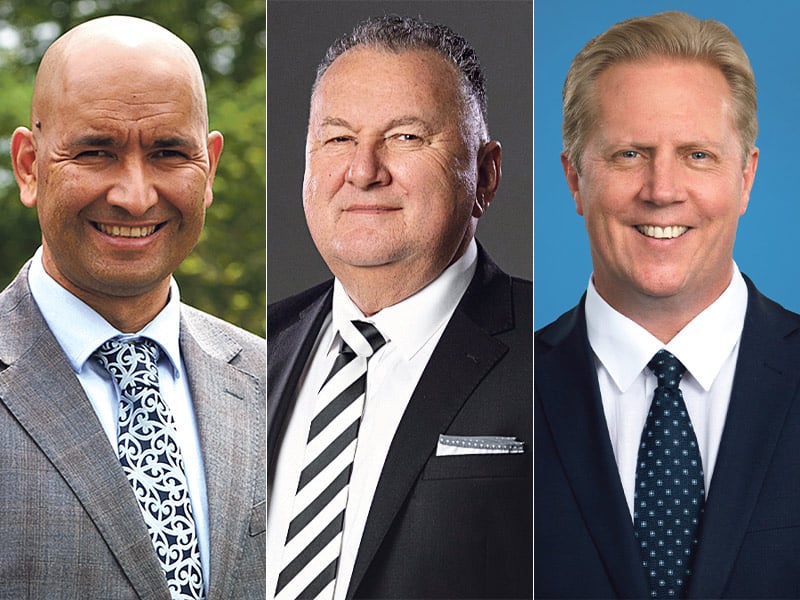
From left: Tama Potaka, Shane Jones, Todd McClay
The National-Act-NZ First Government unveiled the full line-up of new cabinet ministers in late November 2023.
The cabinet will be made up of 20 MPs – 14 from National, three from ACT, and three from NZ First. There are also eight ministers outside parliament – five from National, two from ACT, and one from NZ First.
From the National Party, Rotorua MP Todd McClay will hold agriculture, forestry, hunting, and fishing as well as trade portfolios. Tama Potaka was named as conservation minister while Nicole Grigg will also be an associate agriculture minister with responsibility for horticulture.
From NZ First, Shane Jones has the oceans and fisheries portfolio, while Mark Patterson is one of three associate agriculture ministers and also has rural communities.
ACT’s Andrew Hoggard is an associate minister for agriculture, with responsibility for animal welfare and skills, and associate environment.
National announced pre-election that it would establish a minister for hunting and fishing.
“National supports the right of New Zealanders to hunt and fish. Tens of thousands of Kiwis grow up fishing in our lakes and rivers or in the sea. National believes conservation and recreation can work in harmony, and our plan supports the rights of New Zealanders to continue to hunt and fish while protecting and enhancing our natural environment,” the party said.
Among its pre-election promises, National pledged to strengthen the Game Animal Council and designate ‘herds of special interest’, change the law so game animals are not pests, guarantee access to public land for hunting and fishing, establish the ‘Huts of Recreational Importance’ Partnership to maintain huts in the DOC estate, support Fish & Game New Zealand, and protect trout and salmon fishing, and not introduce recreational licences for game animal hunting or sea fishing.
Fish & Game pleased
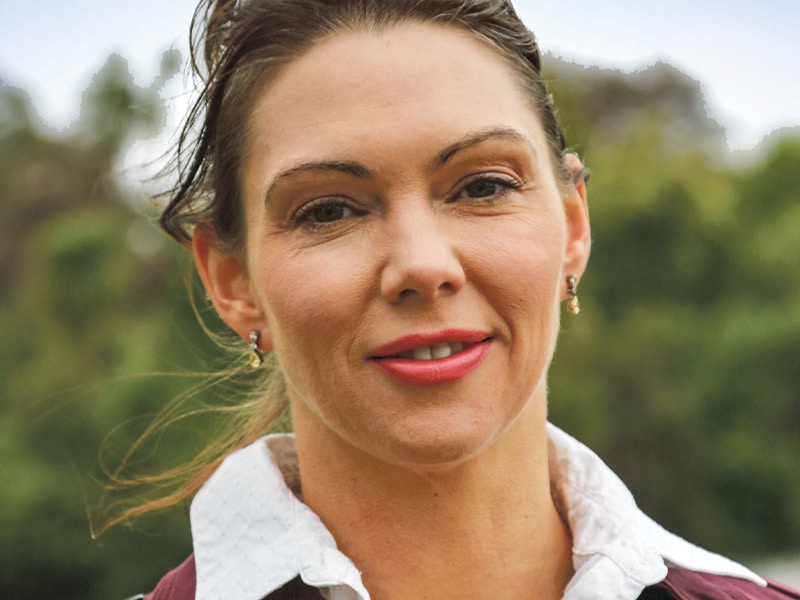
Corina Jordan, chief executive at Fish & Game, said the organisation was excited by the opportunity of having a minister dedicated to fishing and hunting.
“While Minister McClay’s portfolio is new, we know from our previous interactions that he shares our passion for fishing and hunting and has a deep understanding of our work and of others in the sector,” she said. “We see this portfolio as an important development that recognises a sector of incredible value to New Zealand’s economy and its people.”
Since taking on the role of CEO for Fish & Game, Jordan said she has been working to build strong relationships across the sector, including by working with the Game Animal Council to set up a group of key influencers.
“We hope the new Government will draw on this group as a source of expert advice from knowledgeable people on the ground across New Zealand,” she said.
“We also hope that the Government will support the work Fish & Game does with farmers and the rural community on restoring wetland habitats, which not only provide hunting opportunities but support and enhance indigenous biodiversity.
“We are working to make it easier for people to get into fishing and hunting and we hope this is something the Government can get behind.
“We hope the Government will support New Zealanders to continue to get out in nature and enjoy our fishing and hunting heritage, including ensuring access to the natural environment and sports fish and game thrive alongside indigenous species in our ecosystems.
Greenpeace: NZ First cannot be trusted
Meanwhile, Greenpeace has slammed the appointments made by the coalition for the oceans and fisheries portfolios.
It said giving the important portfolio to NZ First’s Shane Jones was irresponsible.
“NZ First has proven time and time again that it cannot be trusted to act with integrity on fisheries issues,” said Greenpeace campaigner Ellie Hooper.
She added that the last time NZ First was in Government, it was revealed that the party received tens of thousands of dollars in donations from commercial fishing company Talley’s and then acted in ways that supported fishing industry interests over ocean health.
“This included delaying the rollout of cameras on boats, which would hold the fishing industry accountable when coral or endangered animals such as dolphins, sea lions, and turtles get hauled up or killed in nets. Disturbingly NZ First also pushed to get a Talley’s boat that had trawled illegally in protected areas taken off an international blacklist of disreputable fishing vessels.”
Greenpeace had urged the National Party to keep NZ First out of any oceans or fisheries portfolios prior to the formation of the coalition.
“This election cycle, NZ First received a donation of $50,000 from P J Vela, founding member of the commercial fishing company Vela Fishing,” Greenpeace said in a statement released.
“The decision to leave this vital portfolio in the untrustworthy hands of New Zealand First is the height of irresponsibility. We are experiencing an ocean crisis – due in no small part to destructive industries like commercial fishing,” said Hooper.
“Now, the new Luxon-led Government has shown they have absolutely zero intention to turn that around and will let NZ First be the mouthpiece for commercial fishing and resist ocean protection at every turn.
“This is the opposite of what the vast majority of New Zealanders want – which is the ocean protected from the ravages of bottom trawling, better transparency, and more areas set off-limits for conservation.”
Labour weighs in
Tangi Utikere, the Labour Party’s spokesperson for oceans and fisheries, said the Government’s plan for the heavily critiqued Fisheries Industry Transformation Plan, which the Labour Government unveiled earlier this year, was disappointing.
“I’m proud of the work Labour has done in pulling together the Fisheries Industry Transformation Plan, which focused on driving innovation in the sector to address climate change, environmental protection and community development,” Utikere said.
“The new Government’s decision to scrap this work is disappointing, and frankly, an insult to the environmental groups, iwi, members of the food sector and many others who were involved in work to safeguard our resources.”
EDS: anti-environment policy
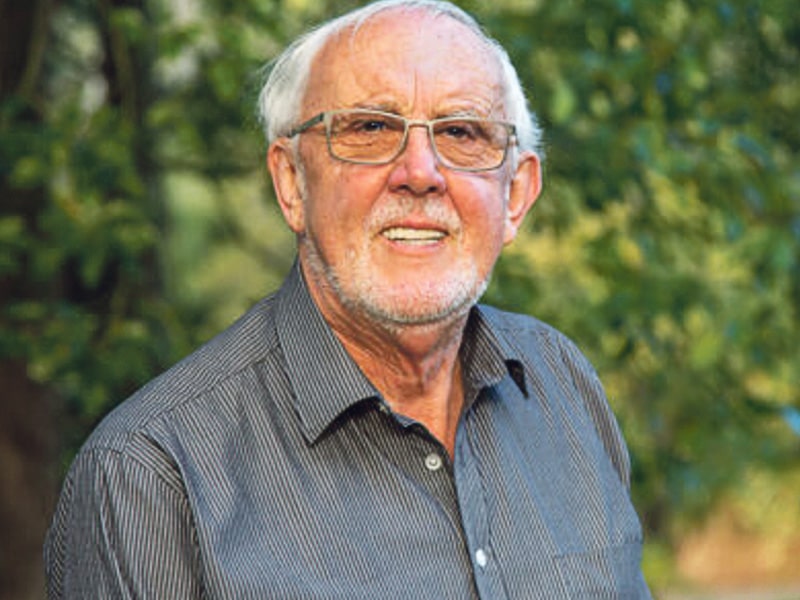
Gary Taylor, chief executive of the Environmental Defence Society, said a close examination of the new Government’s policies reveals a clear anti-environment bias.
“Unless reconsidered, the policy mix will lead to more freshwater pollution, loss of significant indigenous habitat, an increase in damaging pests, and species extinctions,” he said.
“National, which has traditionally taken a responsible blue-green approach to environmental management, has traded away many of those principles in favour of a radical anti-environment policy programme.”
The new Government has proposed to replace the National Policy Statement for Freshwater Management and the National Environmental Standards for Freshwater.
“The Government’s proposal to change Te mana o te wai, to presumably prioritise commercial uses over the ecological health of waterways, is reprehensible,” Taylor said.
“The New Zealand public does not want polluted waterways, which threaten not only our health and recreation but also our international reputation and marketing of our primary products.”
In its Oceans and Fisheries briefing document to the minister, the Environmental Defence Society called on Shane Jones to pass the Hauraki Gulf Tīkapa Moana Marine Protection Bill into law and finalise the Hauraki Gulf Bottom Fishing Access Zones. It also wants the Government to establish a regular ministerial meeting with the five key national ENGOs – EDS, Forest & Bird, WWF, Greenpeace Aotearoa, and Fish & Game.
In its briefing document to minister of conservation Hon Tama Potaka and minister for hunting and fishing Todd McClay, EDS asked the Government to continue work to modernise the Wildlife Act and conservation management planning system and ensure any changes to the control and management of hunting and fishing adopt an evidence-based approach, proceed with caution, and only follow a detailed review of relevant legislation.
Words by Shannon Williams, images supplied
